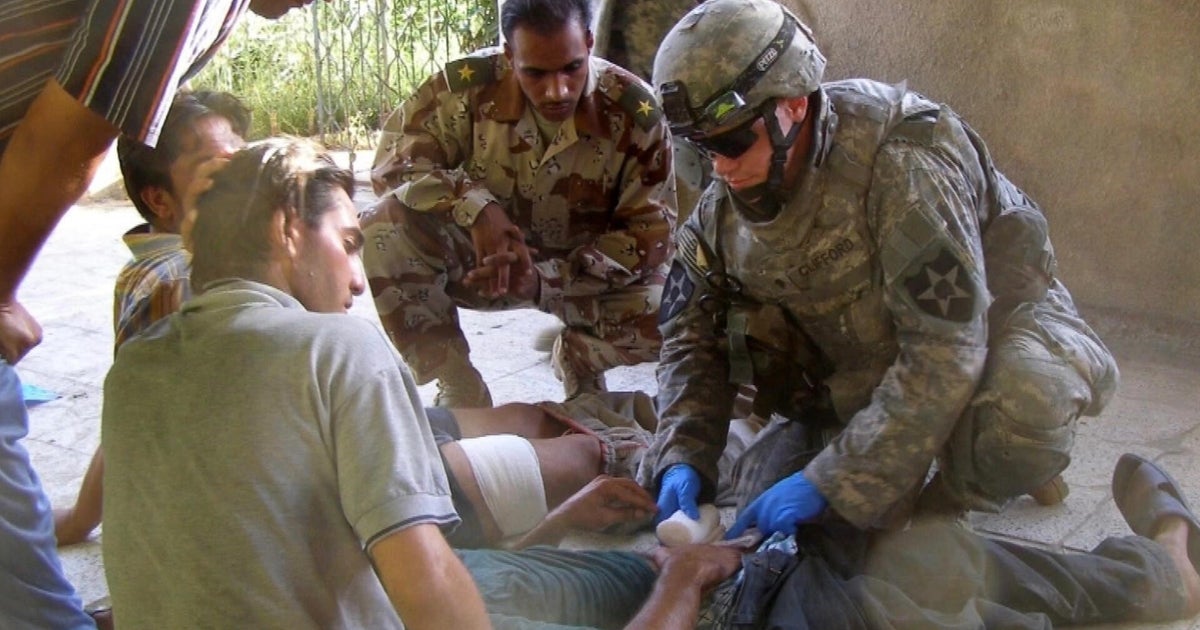New Blood Test Could Be Breakthrough For Colon Cancer Detection
NEW YORK (CBSNewYork) -- Colorectal cancer is the second leading cause of cancer deaths in the U.S., and experts say many do not undergo the colonoscopies that could dramatically reduce that number through early detection.
But as CBS 2's Dr. Max Gomez reported Monday, a new examination that can be conducted with blood samples is making big news.
Blood tests to detect cancer have been sought after for decades. But most of the so-called biomarkers – PSA for prostate cancer or CA-125 for ovarian – go up for a lot of non-cancer reasons.
Now, companies have begun to zero in on genetic markers that are unique to cancer.
Barry Murphy has been fighting colorectal cancer, and regrets waiting to see a doctor for screening.
"By the time they did discover it, it had actually spread from my bowel to my lymph nodes, and there were some lesions on my liver as well," Murphy said.
Studies have shown up to 50 percent of people avoid traditional colorectal exams, because they are highly intrusive.
But researchers in Europe recently announced they have come up with a simple blood test for colorectal cancer that can detect 85 percent of cases.
Biotech company VolitionRX said the test can also detect 50 percent of growths with the potential of turning into cancer.
Test developer Dr. Jake Micallef said so far, researchers have studied only about 200 people. But research is ongoing.
"The earlier you diagnose cancer, in general obviously, the better for the patient," Micallef said.
The test works by detecting tiny particle complexes of protein and cancer cell DNA that are released when cells die. Researchers have identified patterns of these so-called nucleosomes that are characteristic of colon cancer.
U.S. guidelines continue to recommend that adults 50 and over get a colonoscopy every 10 years, or a specialized fecal test every year. Over 90 percent of colon cancer cases are treatable if caught early.
The company that makes the blood test hopes it will be available in Europe in the next two years. Even though detection rates are about the same as for some other cancer tests, the company said it may be able to improve the accuracy of the test by testing for even more patterns of the nucleosome DNA particles.
Check Out These Other Stories From CBSNewYork.com:







